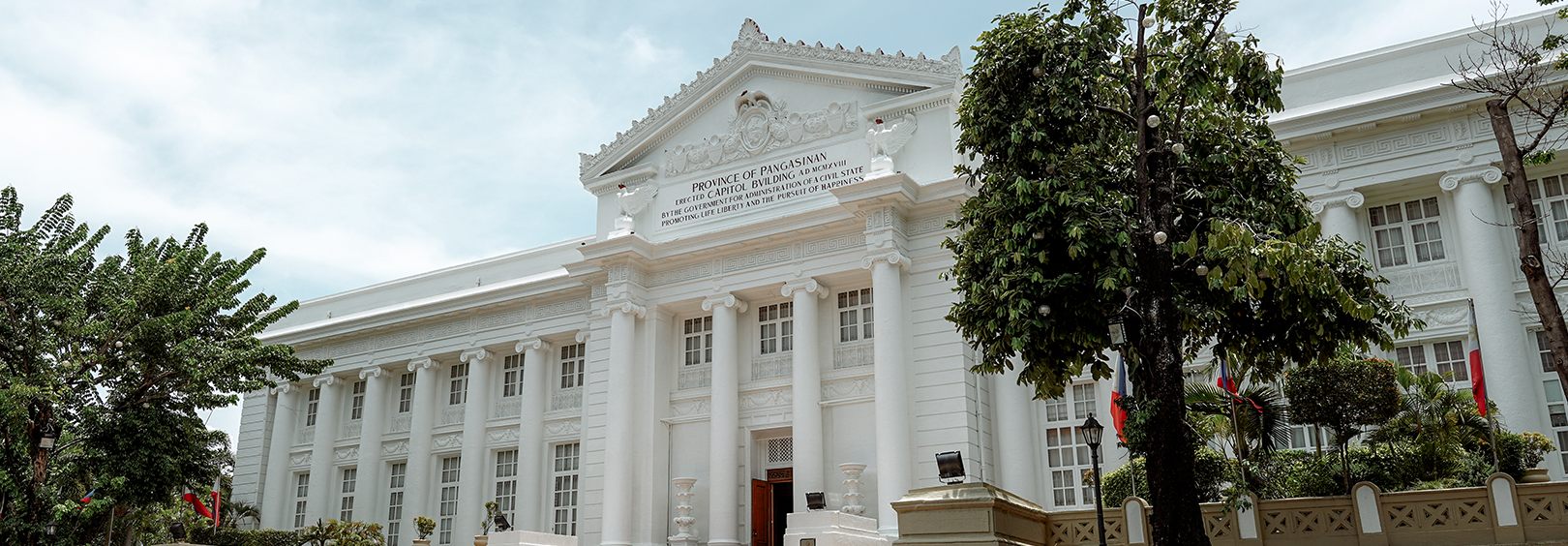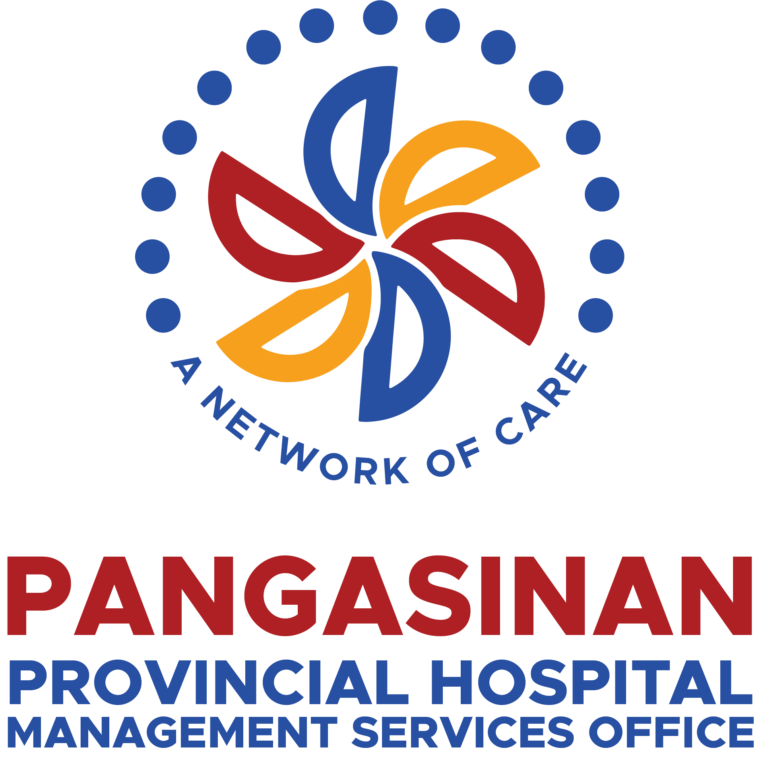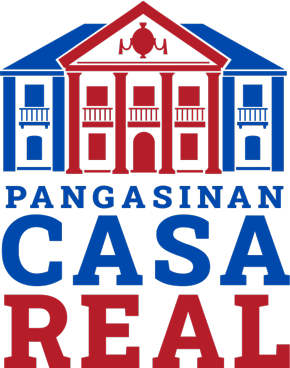A. Population and Development Services
A.1 Responsible Parenthood and Family Planning
At the forefront of the population, the program is responsible parenthood and family planning which aims to provide services and information to couples in accordance with their own needs, religious beliefs, and lifestyles. At the center of the program objectives is the provision of all necessary assistance to local program partners, beginning at the barangay level, to enable them to implement local initiatives that maximize their capacities and resources.
PPCLDO provides technical support to local population and health offices in their demand-generation activities targeting women, men, and couples who have unmet needs for modern family planning and other reproductive health needs in the province’s 1,333. PPCLDO and its partners such as the regional office of the Commission on Population and Development conduct regular information, education, and communication (IEC) activities and similar outreach services.
The Provincial Population, Cooperative, and Livelihood Development Office, as the lead coordinator and implementer of the population management program in the province, engage with the local governments and other stakeholders to develop initiatives to ensure that programs remain relevant and responsive to present realities.
A.2 Population and Development Integration
Pangasinan’s population and development approach to program management and implementation has helped it to reach a level of stability in the areas of structure, resource, and support, both in the province and in most of its component LGUs. Even though the tumult that usually follows any administration change where it has become almost the norm to see personnel, offices and most especially programs to get downgraded, minimized in priority, or get shelved altogether, the population program in the province has always enjoyed the consistency of local government support. This can be attributed to the quality of the local structures that have been developed through the many years of advocacy efforts initiated by PPCLDO.
All cities and municipalities of Pangasinan have existing population offices, albeit in varying structure levels, with funding support complemented by a complete roster of volunteers in the barangays. PPCLDO’s lobbying support, where and when it is needed, ensures that all LGUs maintain at least the minimum level of support from the local chief executives and other officials to make the program function as required.
PPCLDO’s efforts to capacitate its partners begin with the development of its own database, research references and materials, and training and technical assistance packages, which it then cascades with little or no corresponding financial obligation from its partners. The PPCLDO, through its assigned District Population Officers, works closely with program partners and stakeholders to optimize the utilization of data generated from the Community-Based Family Planning Monitoring Information System (CBFPMIS).
A.3 Adolescent Health and Youth Development
The Pangasinan Local Population Management Program not only addresses the needs of women, men and married couples but also those of Pangasinenses belonging to the youth sector. The Adolescent Health and Youth Development Program aims to create awareness, knowledge, and attitude-building among adolescents and young adults on their own sexuality, and to promote responsible sexual behavior. Focusing on adolescent reproductive health and developing core life skills, the program supports the overall initiatives in the province in addressing teenage pregnancies, early marriages, and sexually-transmitted infections, and HIV/AIDS.
This program has improved the awareness of young people about their sexuality and on the responsible sexual behavior of both in-school and out-school youth in the province. Again, with the partnership of local population offices, civil society organizations, faith-based organizations, and community leaders, the program has, and continues to reach out to students, youth organizations, leaders, and advocates through the many youth fora, training activities, consultations and advocacy initiatives that PPCLDO embarks on regularly throughout the year.
B. Cooperative, Enterprise, and Livelihood Development Services
In 2019, cooperative and enterprise development were integrated as primary functions of the PPCLDO. This is a logical program progression for the office considering that it had been functioning as the provincial government’s de facto cooperative development office for over two decades. This program is pursuant to the primary objective of the PPCLDO to promote and develop viable community-based enterprises to propel countryside development in Pangasinan.
The PPCLDO, as an accredited training provider of the Cooperative Development Authority, and by virtue of its mandate a Local Cooperative Development Office as defined in the Local Government Code as amended by R.A 11535, implements a robust capacity development program for cooperatives and associations. It offers capability-building programs covering mandatory cooperative training programs (Fundamentals of Cooperatives, Cooperative Governance and Management, Risk and Credit Management, Financial Management) and other soft-skill training programs such as Financial Literacy for Youth, Leadership and Values Orientation for organizations.
PPCLDO also provides technical assistance for associations and cooperatives with registration and regulatory documentation and compliance requirements.
C. Pangasinan Green Canopy Program
The PPCLDO has been tasked with spearheading the implementation of the environmental awareness and climate change mitigation initiative of the Provincial Government through massive tree-growing activities in partnership with local governments and civil society. The Pangasinan Green Canopy Program aims to consolidate efforts to plant and grow endemic fruit-bearing trees in public areas around the province. It engages the participation not only of local governments but also of private and civil society organizations and communities.



















